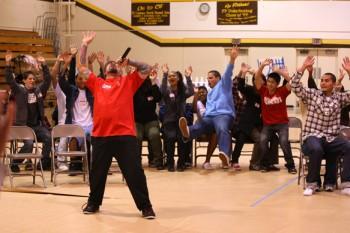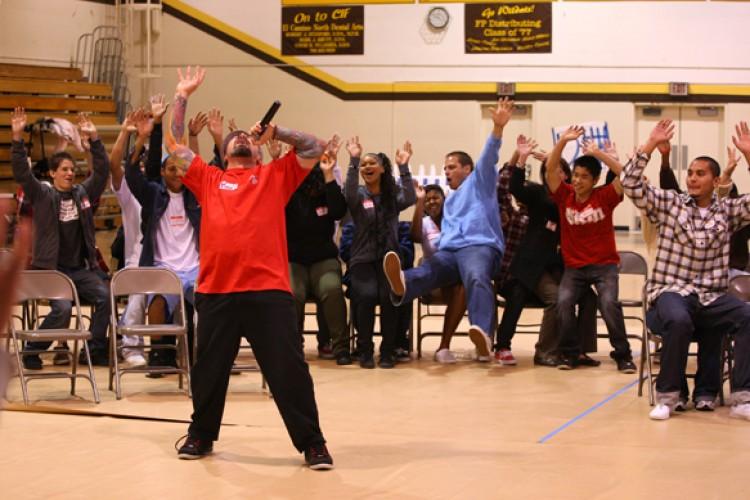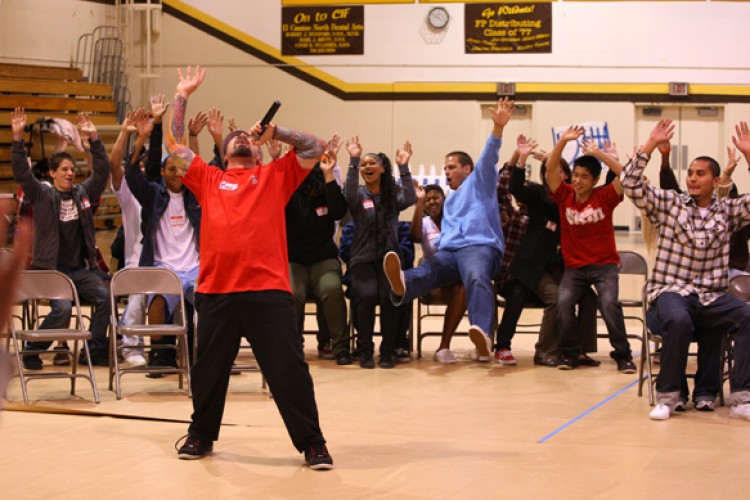Bullying and social exclusion are epidemics in our school systems. Research studies have unveiled the powerful, often life-long effects these behaviors can have on people. Increased incidents of anxiety, depression, lower academic performance with a higher likelihood of dropping out, and suicide, can all be linked to bullying. It can even affect one’s physical health.
Social exclusion can be even more powerful. Social psychologists understand peer acceptance as a primal human need, its importance ranks just below the need for food and shelter.
Meanwhile, a recent study by the Institute of Social Research at the University of Michigan concluded that social rejection is one of the few emotional experiences that activate the same neural pathways as physical pain in the brain. The effects of bullying and social rejection are real, profound, and often long-lasting—sometimes well into adulthood.
Challenge Day
Social rejection is one of the few emotional experiences that activate the same neural pathways as physical pain in the brain.

The Challenge Day leaders started the day by singing, dancing, and getting the children all riled up and out of their comfort zones.
|Updated:







